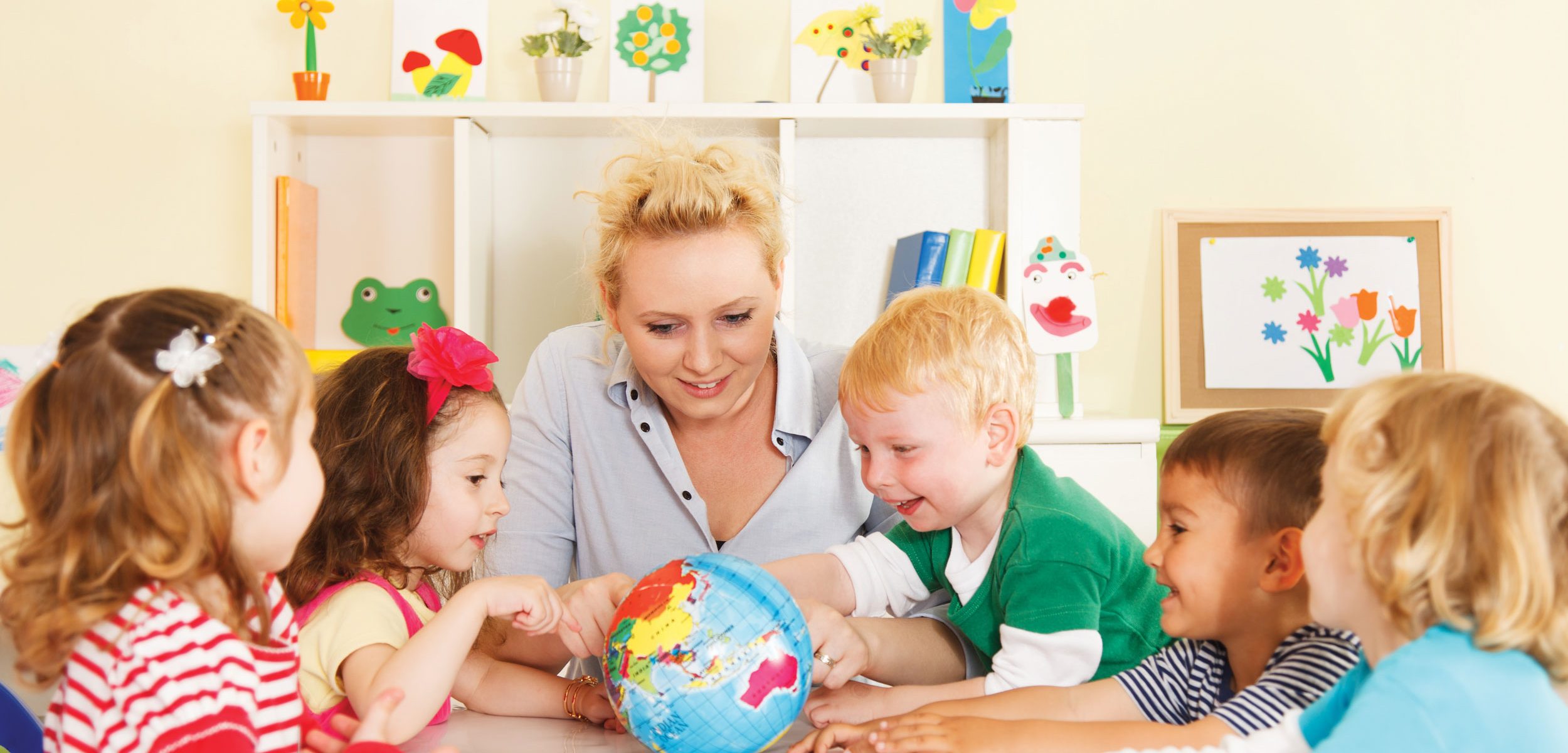Teachers at Belmont Farm Nursery School
At Belmont Farm Nursery School our Teachers are highly qualified and experienced. The qualifications vary and are as follows:
Early Years Teacher Status (EYTS), Qualified Teacher Status (QTS), NVQ Level 2, Level 3 and 5 in Management of Early Years or an Overseas Diploma (equivalent or higher).
We pride ourselves on supporting professional growth and developing our staff, therefore we offer a training apprenticeship programme for one staff member per classroom, per year.
We have a rigorous interview process and trust that all our staff bring with them dedication and experience to their roles. Staff have completed Disclosure and Barring Service (DBS) checks and joined the updates service; which keeps their DBS live and up to date. All staff have also completed a 12 hour Paediatric First Aid Course within 3 months of starting, in order to follow the Millies Mark Accreditation.
All our staff are employed on either a full-time or part-time basis so your child will have the continuity of the same teacher throughout the week, unless they do a mixture of sessions. If a teacher is unwell or unable to come to work, where possible, a member of our own team will take their place.
Teacher to Children Ratio Belmont Farm Nursery School
The teacher to child ratio is dependent on the age of your child. For your information we have listed them below.
Ratio within the School
Age of Children |
Teachers to Children Ratio |
|---|---|
| 3 Months – 2 Years | 1 teacher to every 3 children |
| 2 to 3 Years | 1 teacher to every 4 children |
| 3 to 5 Years | 1 teacher to every 8 children |
Please note that the legal 1:5 ratio for 2-3 year olds will only be used in extenuating circumstances.
Please also note that the ratios are lowered when the children go on school trips and outings. Please see below
Ratio for off-site activities/trips
Age of Children |
Teachers to Children Ratio |
|---|---|
| 3 Months – 2 Years | 1 teacher to every 2 children |
| 2 to 3 Years | 1 teacher to every 2 children |
| 3 to 5 Years | 1 teacher to every 4 children |
